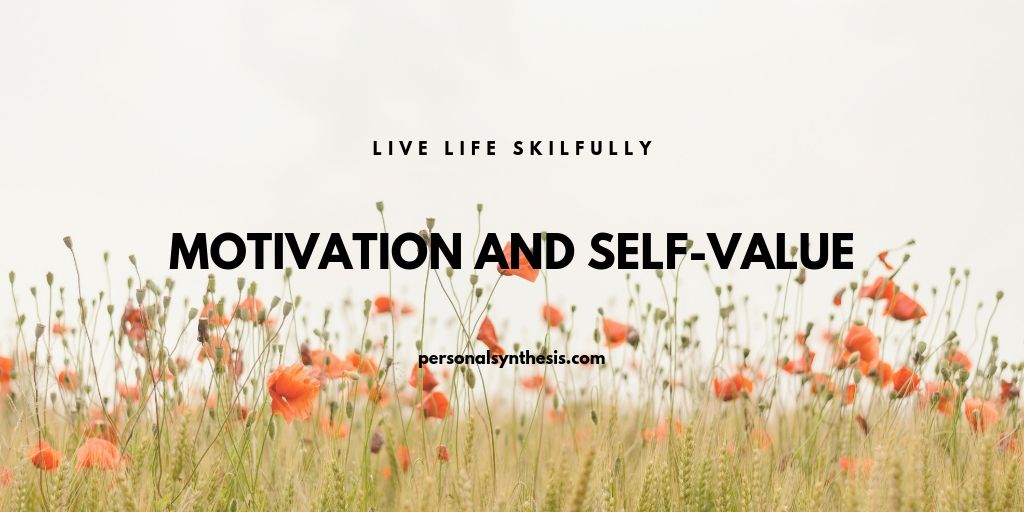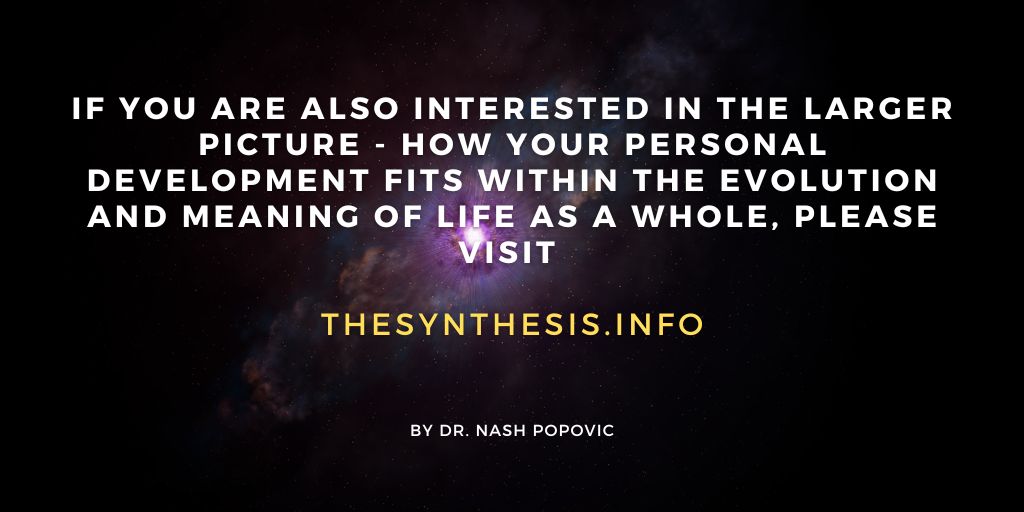Motivation And Self-Value

Written by Emma Buck
‘Whatever you can do, or dream you can do, begin it.’
Wolfgang von Goethe, German writer.
I want to write a book. I’ve wanted to write a book for as long as I can remember. But I’ve never written a book. I’m 47 now.
I read with hope the life stories of writers who published their first novel in their forties, and went on to produce a great body of work. Could that be me, I dream? And yet, I don’t start. I don’t take Goethe’s advice and ‘begin it’.
So I’ve been thinking a lot about motivation over the years. What is it that gets me out of bed in the morning? How do I achieve the things I do? And why do I procrastinate so much? I put off my tax return until January 31st, I can’t be bothered to vacuum the stairs unless someone is coming to visit, and paperwork piles up on my desk until I have no choice but to spend a whole afternoon filing. These are tasks I find boring and will put off until the last minute.
One thing I do know, I’m good with a deadline. Maybe that’s the journalist in me, trained to hit deadlines at any cost. But actually, I think journalism suited me precisely because that is the way I like to work. When I think back to my school days, I always crammed for exams at the last minute. Onto university and I would put off any assignments for weeks until, the night before it was due in, I would stay up until dawn completing the work. I have to say though, this approach did not produce the best results.
So do I accept this about myself, or do I try to change? The answer is, I suspect, as always, something in between. I can accept that sometimes this can be a positive attribute. It suited journalism, where my time was used efficiently, producing sharp and punchy (I hope) copy un-muddied by days of deliberation. I can also see now that it is because I am naturally inclined to live in the moment, not too worried about what is ahead, and this is generally accepted as a mentally healthy approach to life.
However, a little bit of anxiety about what is ahead is a great motivator. And when I went back to university the second time, to study for my masters degree in counselling and coaching, it was clear that something would have to change. The course was time consuming, the assignments huge and the deadlines as unmovable as mountains. I had to find a way to manage this workload while running a home, bringing up two small children and working part time. Leaving assignments to the last minute, staying up all night, was just not going to fit my life anymore.
So how did I change? Well, I can see three things that made a difference: I had learned something about myself and managing my time over the years; I liked what I was doing; and, crucially, I wanted to do well. This time, I cared.
When I was at school and university the first time I was just going through the motions, being churned through the system. I didn’t have a clear goal in mind, other than passing the next exam, or vision of my future. What was it all for?
This time, I was studying for a career that I cared deeply about. I was more in control, it was a direction I had chosen and made sacrifices to achieve. And it was something I felt fitted my personality and skills.
So, motivation, for me, seems to be about goals, personal values and skills. What is the goal, exactly? Why that goal? What is its value, for me personally? And does it fit my personal skillset?
But there is something else as well, and that is about self-value, self-worth.
This is well illustrated by an exchange I had with a client recently. He wanted to start up a business venture, to run in his spare time alongside his job. He had a great idea to plug a gap in the market he’d noticed in his professional life. We talked it through, it sounded like it would work. He had many reasons why it should. There was no financial outlay involved, so no risk. There was no obstacle to getting started. But he couldn’t. He just couldn’t ‘begin it’. It made me think of my great unwritten novel.
And so, we had to go back to the beginning and examine his idea more closely. The goal was clear, yes. The venture fit his values, tick. But it emerged he was trying to do something he saw others doing. He had friends who were setting up their own businesses, so why couldn’t he? Running a business alone, networking and self-starting, it became apparent, were not his skills. He had many skills, but they were different from those of his friends.
We had a conversation that went something like this:
- Me: ‘So those are the things you value in other people. What do you value in yourself?’
- Him: ‘I don’t know.’
- Me: ‘Well, what quality would you hate to lose? What makes you you?’
- Him: ‘Oh, that’s hard. Well I care about people, I’m empathetic, I love my work, I love to travel.’
- Me: ‘So what would it be like to be you if you lost those things?’
- J: ‘Horrible! I wouldn’t be me.’
- Me: ‘So, you like those things about yourself. You are empathic, compassionate, passionate about your work, you are adventurous. These are your qualities. Other people may have different qualities, but these are yours.’
- Him: ‘Yes, I suppose so. It’s like, you only notice what is lacking. That is where you feel emotion.’
- Me: ‘Yes, we don’t recognise what we have got, that what we are is valued. We are more inclined to notice what is missing and you are right, that is where strong emotions lie.’
Eventually he discovered a project which fit his skills and values and led to a clear goal, and he was able to get started. He had decided to study for a qualification that would help him earn some extra money in the future, and that he could then teach to the young people he worked with to help them too.
I can see now that my book remains unwritten because I never clarified exactly what kind of book I was going to write. It was a nebulous dream, fuzzy around the edges. I wanted to be Steinbeck or Dickens, Roth or Austen. These are writers I admire, but their skills are not mine. My client is right – when we notice what we lack we feel strongly about it. But those feelings are usually negative ones – envy, jealousy, greed or feeling bad about ourselves – and not conducive to getting things done. In fact, for me, they have a paralysing effect. I achieve most when I feel good about myself, and when I am doing things that support that feeling.
So, no, I will never have Steinbeck’s voice or his stories to tell, but I might find my own. When I work out what my book is, it will have at least a chance of getting started.
Personal Synthesis is a handy ‘one-stop-shop’ that brings together all the areas that play a vital role in our everyday lives, from self-awareness to intimate relationships. The materials are the result of twenty years of research and have evolved through the experience of running numerous personal development programmes with the general public, young people and university students.
To learn more, please visit the Personal Synthesis materials that cover this and many other topics.
Emma Buck
Emma Buck is a counsellor and personal consultant working with children in primary schools and adults in private practice. This is her second career. After 10 years as a journalist - where she worked for local newspapers, magazines and charities, covering politics and social affairs - Emma found herself looking for a new direction. It was after a spell of personal counselling that she had her 'a-ha' moment and decided to become a counsellor herself. She recently completed MSc in Integrative Counselling and Coaching, the only programme of its kind in the world. Emma works from a humanistic and person-centred perspective but integrates other counselling and coaching approaches as necessary, with a particular interest in narrative theory. Her research examined how combining counselling and coaching could help older people.



